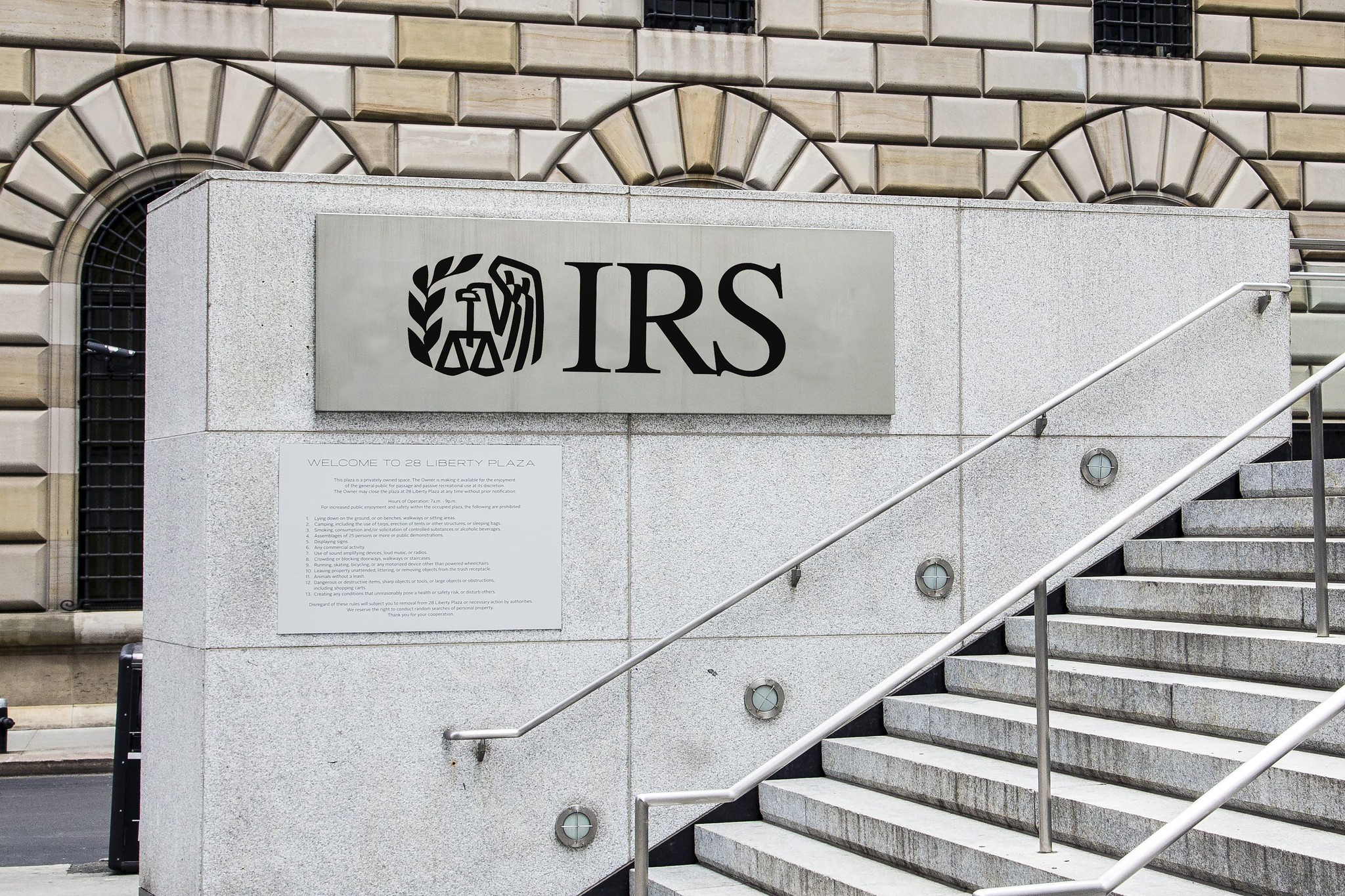The Blockchain Association has reiterated its concerns over the Internal Revenue Service’s (IRS) proposed rules for broker-dealers, emphasizing the excessive burdens these rules would place on investors, cryptocurrency companies, and even the IRS itself. This response underscores a significant resistance from the crypto industry against regulatory measures perceived as overly stringent or impractical.
Association’s Objections
The Blockchain Association’s objections, as articulated in their recent correspondence, highlight several critical issues related to the IRS’s approach:
- Impractical Paperwork Demands: Citing the Paperwork Reduction Act, the Association criticized the IRS for potentially overloading stakeholders with cumbersome paperwork that disrupts efficient operation within the financial system.
- Staggering Compliance Costs and Labor: The proposed rules would necessitate the processing of approximately 8 billion 1099-DA tax forms annually. This would translate into an estimated 4 billion hours of labor and an annual compliance cost of $254 billion, figures starkly contrasting with the IRS’s initial projection of 0.15 hours per customer and a total cost of $136,350,000.
| Requirement | Projected Annual Figure |
|---|---|
| Tax Forms | 8 billion 1099-DA |
| Labor Hours | 4 billion hours |
| Cost | $254 billion |
The Blockchain Association has argued that the IRS’s underestimation reflects a fundamental misunderstanding of the crypto market’s operational realities. They point out the disproportionate nature of the projected compliance costs—$254 billion annually—especially when compared to the tax gap attributed to this sector, which stands at a maximum of $10 billion.
Previous Objections
In 2023, the Blockchain Association had already expressed its reservations in a detailed 39-page letter to the IRS. This document outlined a broad range of concerns about the feasibility of the proposed broker regulations, particularly for entities in the decentralized finance (DeFi) space, which would find compliance especially challenging due to the decentralized nature of their operations.
The crypto community has been vocally critical of the IRS’s proposed rules. Notable figures like Jerry Brito, executive director at Coin Center, have echoed the Blockchain Association’s concerns, pointing out the impracticality of enforcing such regulations on decentralized networks and their participants.
The ongoing debate between the Blockchain Association and the IRS highlights the tension between regulatory intentions and the practical realities of modern digital asset markets. The Association’s persistent objections serve as a crucial reminder of the need for regulations that not only aim to protect consumers and ensure fair taxation but also recognize and adapt to the unique characteristics of decentralized technologies.
As this dialogue continues, it remains to be seen how the IRS will adjust its approach to address these criticisms effectively, balancing the need for oversight with the dynamic nature of the crypto industry.










